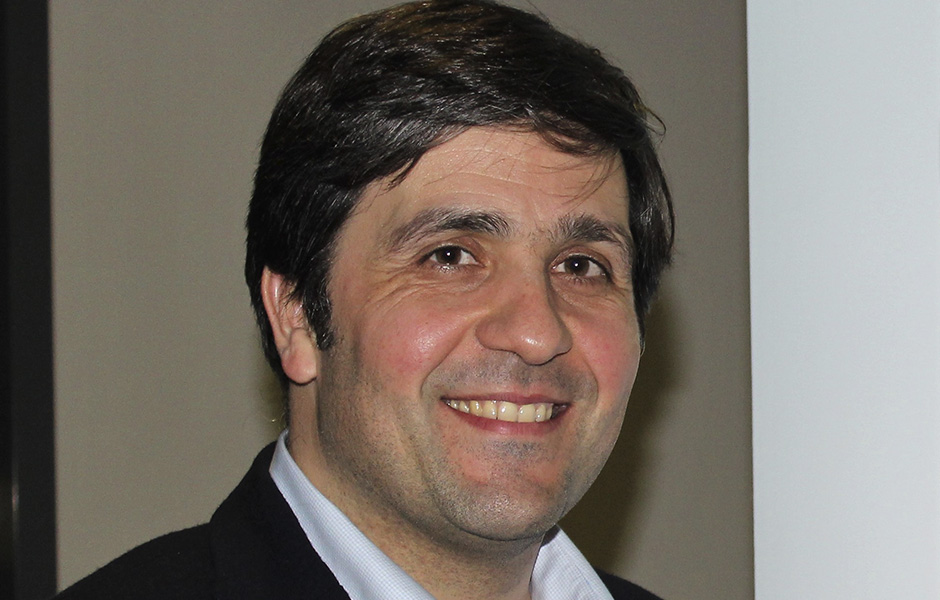Júlio César Rocha, from CINTESIS – Center for Health Technology and Services, is the new “Council Member” of the SSIEM – Society for The Study of Inborn Errors of Metabolism, whose main goal is to continue the development of the study on hereditary metabolic diseases at the European level.
“For me, this election has a very special meaning. This is the area where I have specialized and studied,” says the expert, who was already a member of the SSIEM-Dietitians Group (SSIEM-DG) executive committee.
The researcher of CINTESIS/NOVA Medical School was elected in September, during the Annual Symposium of the European Society that took place in Rotterdam with the participation of approximately three thousand researchers. Among those were some of the most important European and World experts in the field, such as nutritionists, biochemists, doctors, nurses, psychologists, researchers and other health professionals.
One of the main goals of the new position is to “standardize the practices and skills of nutritionists in the area of inherited metabolic disorders”, which are currently “very divergent”. In this regard, the Society should try to promote continuing education courses, similar to what already exists for other specialties.
In this new position, Júlio César Rocha also aims to foster the participation of more nutritionists in the SSIEM and to increase the number of scientific publications in the area of Nutrition in the Journal of the Society (JIMD – Journal of Inherited Metabolic Disease). In addition, he will also be in charge of organizing a session of Nutrition at the annual Symposium, which will take place in Freiburg, Germany, in 2020.
Along with the scientific aspect, the expert wants to reinforce the role of the European Society in assisting and supporting patients, patient associations and their families and hopes to contribute to the strengthening of the European Network of Reference Centers -which has five centers in Portugal- therefore ensuring that no patient is left unassisted when moving out of his/her country.
According to Julio César Rocha, one of the next challenges faced by all professionals working in this area is “the reevaluation of reference centers and the implementation of corrective measures in centers that have not yet reached levels of excellence, either in care or in research”.
Currently, the nutritionist is also part of the European expert panel to review the Phenylketonuria European Guidelines, whose first version dates from 2017. The aim is to align the practice with the best available scientific evidence. According to a study in the field, our country for example, already uses strict criteria on the metabolic control of patients.
In all, there are hundreds of inherited metabolic diseases that, although rare, affect thousands of patients across Europe. Phenylketonuria, a pathology with about 350 patients in Portugal, is one of the best known as a result of the implementation of a national neonatal screening since 1979, which has allowed an early diagnosis and treatment.

